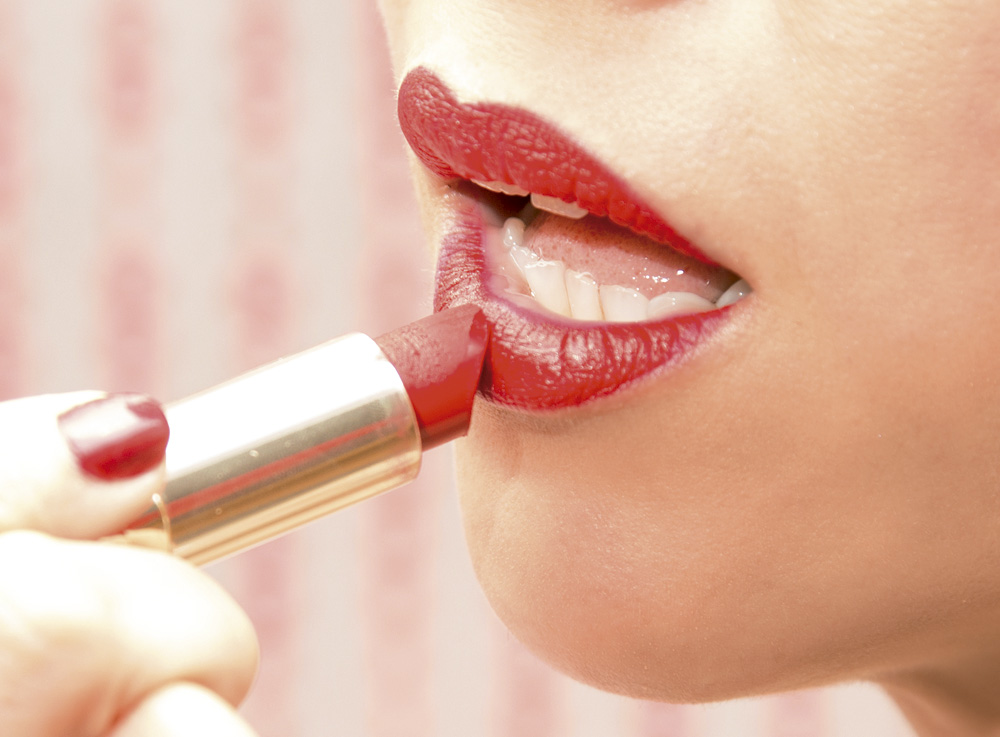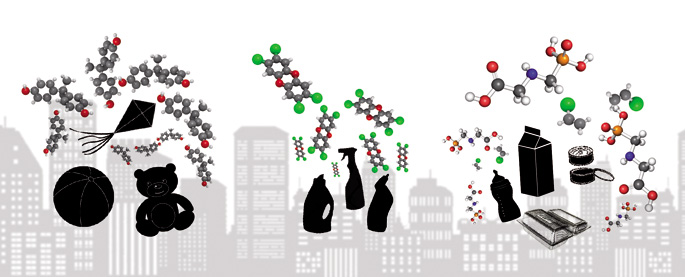"There's enough evidence about the effects of hormonal contaminants, it's time to take action."
- Medical professor Nicolás Olea has been studying endocrine disruption for decades. In other words, it deals with substances that affect and are present in our hormonal system. It denounces the lack of a satisfactory solution to this major public health problem, and with that message it came to Bilbao on 25 September.

He was one of the pioneers in Europe in studying the subject of hormonal pollutants.
Yes. The first major conference of scientists on the subject was held in Europe in 1996. By then, experts in environmental sciences, biologists -- they had very useful information about the effects of hormonal disruption on nature, examples of many animal species. And today, disruption is very well known among scientists. There are many compounds with hormonal activity, in plastics, clothing, cosmetics -- and of course in pesticides and fertilizers. They're not classified as carcinogenic or mutant agents, but they're disruptors, they transform the hormonal system and they harm health.
But, as you said to me earlier, the issue is not echoed and appropriate measures are not taken.
They ask for even more evidence. They say more evidence of the mechanism of disruption is needed. I always tell you that it's the same how much money you put, how much research you do, that you're not going to get more evidence, the statistical evidence we have is amazing, and we also know a lot about mechanisms. With the information they have, I had a long time to make a decision.
Do you refer specifically to the European Commission?
Yes. The decisions are taken there and in the European Parliament, where the lobbies are. It is a scandal. The European Commission committed itself to maintaining mandatory endocrine disruptor identification tests by 2015, but passed from 2015 to 2016 and nothing; finally, Sweden filed a complaint with the European Court for prevarication. And he won. Listen, we have been talking about this for 21 years!
Politicians already have too much information.
Of course. Do you know how many research projects there are? I have received a lot of money from all the institutions, we have published it in leading scientific journals, but if you then do not read what they finance… No more evidence will be obtained, there is enough, now what is needed is to make decisions that are courageous and that protect the consumer. The precautionary principle obliges the manufacturer to prove that his product is not harmful, it is not for the consumer to prove that it is dangerous. That is what the regulations should do. But they pretend they don't see.
Why?
I don't know. Surely because they are not able to deal with the problem, because they do not have the right tools, because producers say that excessive prudence would harm competitiveness…
I have asked you the previous question because in these cases the pressure of lobbies is always mentioned.
For I have never been pressured, either in one sense or in another. It's a sign that they probably don't care very much.
He says there's evidence. Does the entire scientific community agree on this issue?
In general, yes, the problem is among the doctors, they haven't yet realized it. Well, yes, some have started: first pediatricians, parents ask them what happens to plastic bottles, etc. And they have to start looking for information, because that wasn't in their books.
Anyway, I ask you about scientists because there is more than one science blog showing that chemophobia is spreading in society, saying that an excessive alarm is being generated without a scientific basis...
I don't know, I've never gone to argue with those who say that. When I was taught the rules of this game, I was told I had to publish papers in peer-reviewed journals, and every year I have published 15-20 papers in leading journals. Anyone who wants to argue with me has the same level, OK; but sometimes he looks at someone else's resume that has been proposed to me for a debate and realizes that he has done nothing in the last ten years. Worse: I went to the European Parliament to account for my investigations, and I sat in front of a person who probably had a salary of ten, saying that what he said was not true, and then at night, taking a beer, which has confessed to me that two years ago I was working for a car company.
Everywhere we have hormonal pollutants, what can citizens do?
The issue creates sadness in ordinary people, you can't see a solution. On the one hand, political representatives are asked to put the issue on their agenda. On the other hand, we can act as consumers. Do you know who is deciding what pesticide is put on cherry tomatoes in southern Spain and what pay does it pay to those who collect them? Customers from supermarkets in England. They say that workers need a living wage and tomatoes must be cultivated in a healthy way, without the use of pesticides of that kind or other kind, even if they are allowed by the regulations. Otherwise they don't buy it. And inspectors are sent to observe compliance with these requirements.
“Beti erakarri nau sistema hormonalarekin zerikusia duen minbiziaren gaiak, eta horretaz egin nuen doktore-tesia, 1979an. Urte batzuk geroago, 1987an, AEBetan lanean nengoela, laborategian izandako istripu batengatik konturatu ginen plastiko batek aktibitate hormonala zuela. Hura ez zen posible, plastikoak inertea behar du, baina hantxe zegoen plastiko hura. Susmoak piztu ziren eta konturatu ginen fabrikatzaileak plastikoari gehitutako antioxidatzaile bat zela kausa. Haritik tiraka aurkitu genuen jarduera hormonala zuten konposatu ugari”.
Estrasburgon egindako saioan, Eurolegebiltzarrak ezetz esan dio kutsatzaile hormonalak definitzeko Europako Batzordeak –saiakera askoren ostean– aurkeztutako irizpide sortari. Batzordearen testuak zientzialari ugariren kritikak jaso ditu, hala nola Europa osoko... [+]
Irailaren 25etik 28ra egingo da, Bilboko Mediku Zientzia Akademiak antolatuta, Medikuntza Astearen 44. edizioa. Aurtengo goiburua Osasuna eta kutsadura: Epidemia isila da. Lehenbiziko hizlaria Nicolás Olea Granadako Unibertsitateko medikuntza katedraduna eta disrupzio... [+]
Hainbat urteko atzerapenez, eta Europako Batzordeak proposamenaren zirriborroa maiz aldatu eta gero, kutsatzaile hormonalak identifikatzeko irizpideak onartu dituzte EBko estatu kideek. Talde ekologistek eta zenbait zientzialari elkartek kritikatu dute araudiak ez dituela behar... [+]
Europako Legebiltzarrak eskatu du elikagaiak gordetzeko ontzi guztietan A bisfenol izeneko konposatua debeka dadila. Era berean, elikagaien ontziratzean erabiltzen diren substantzia kimikoak zorrotzago arautzea galdatu dute europarlamentariek.
Ekologistak Martxan elkarteak jakinarazi du Espainiako Estatuan herritarrek kontsumitzen dituzten fruitu eta barazkiek beren mamian daramatzatela gutxienez 33 disruptore endokrino, gizakiei gaixotasun larriak eragiten dituztenak. Hamar elikagai kutsatuenen taula ikusgarria ere... [+]


















